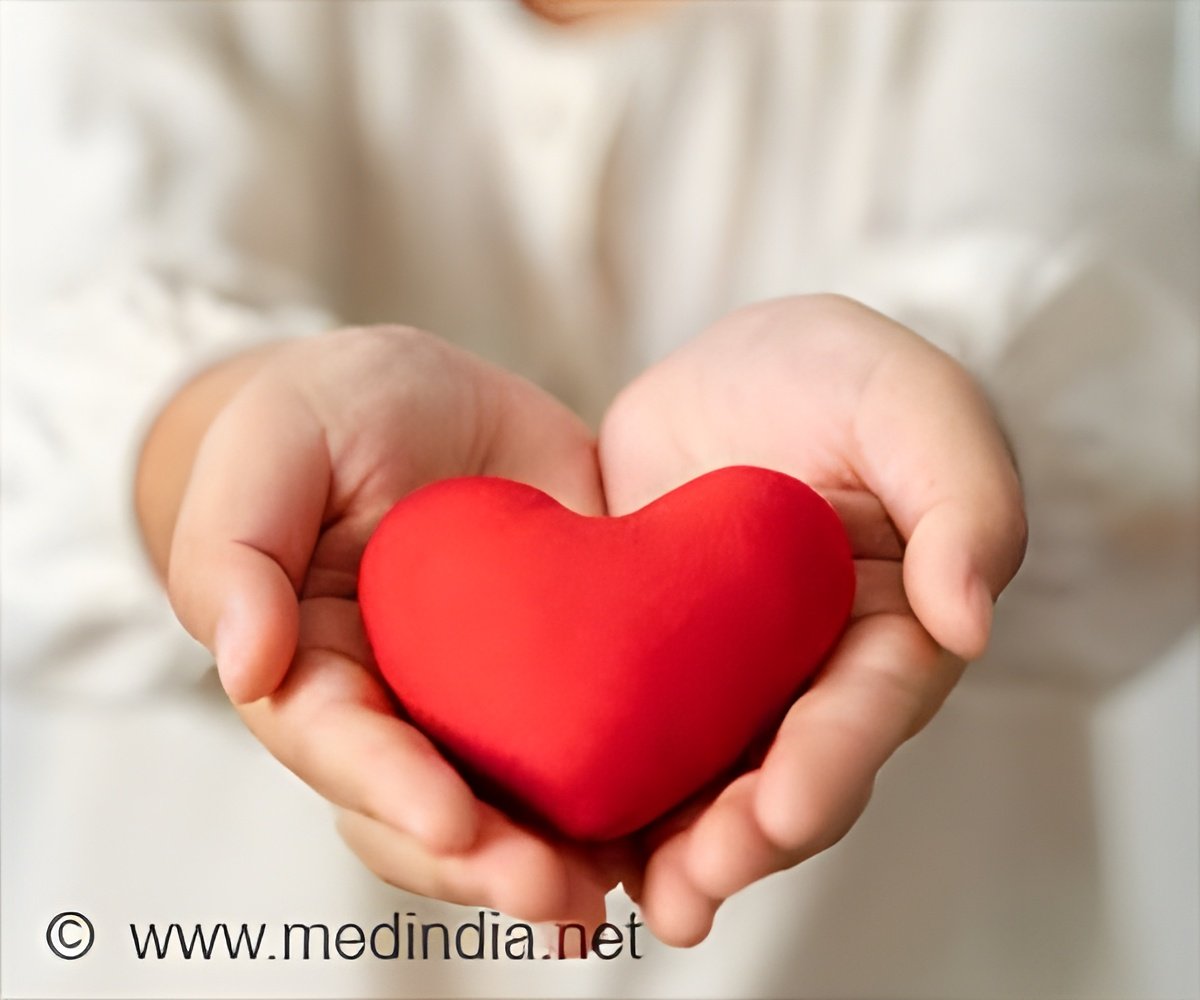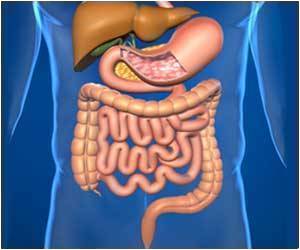“Our results have meaningful implications for organizations and particularly for employees who work together under acutely stressful conditions to accomplish joint goals,” said senior author and Assoc. Prof. Christopher Oveis at the Rady School of Management.
The results of this study were obtained from an experiment with 200 participants who were to take part in a competition inspired by the television show “Shark Tank.” Participants were UC San Diego students, paired in teams to reflect on relationships between their workplace teammates individuals who are not personally close, but spend more time together. Teams were given six minutes to create a pitch for building and marketing a bicycle for students to ride on campus, and six minutes to present their product and its marketing plan before a panel of judges. The winning team was awarded $200.
“It’s essentially an impossible task,” said Oveis. “The experiment is designed to create a maximally stressful environment so we can gauge how gratitude shapes stress response during teamwork because most people spend a third or more of their daily lives at work.”
To measure physiological responses, participants wore electrodes around their necks and torso, which collected electrocardiography (ECG) and impedance cardiography (ICG) signals. In addition, blood pressure was monitored by a blood pressure cuff worn on the subjects’ arms.
Selected teams were randomly assigned to express gratitude and their biological responses were compared to teams that did not thank each other during the competition.
“In a high-stakes, motivated performance task, people can react in one of two ways at a biological level,” said Oveis. “Some people really rise to the challenge and have an efficient cardiovascular response known as a challenge response: The heart pumps out more blood, the vasculature dilates, blood gets to the periphery, oxygenated blood gets to the brain and cognition fires on all cylinders. But other people don’t fare as well and instead have a threat response: The heart pumps out less blood, the vasculature constricts, blood flow to periphery is reduced and performance goes down.”
However, the study found that expressing gratitude for a single, one to two minute gratitude from one group to another pushed those teams toward more adaptive, performance-oriented biological challenge responses.
Scientists tested cardiovascular responses to stress on an individual and collective level for study participants. Both team members were monitored during the joint part of the experiment as they designed the bicycle and developed the marketing plan. Individuals were monitored when one of the pair had to create a pitch in front of a panel of judges without seeing or talking to their teammates.
During the joint operation, the control groups showed threatening responses marked by decreased blood flow and increased vascular contraction. However, a simple gratitude before work removed these threatening responses. During individual production pitches, the control groups showed moderate challenge responses marked by vascular enlargement and increased peripheral blood flow. However, the teams expressing gratitude showed significantly larger, multiplied challenge responses, which contributed to their performance.
“Gratitude expressions within work environments may be key to managing our day-to-day stress responses as well optimizing our how we respond during high-pressure performance tasks like product pitches, so that we can make our stress responses fuel performance instead of harm it,” said Oveis. “But at their core, gratitude expressions play a fundamental role in strengthening our relationships at work.”
Source: Medindia



